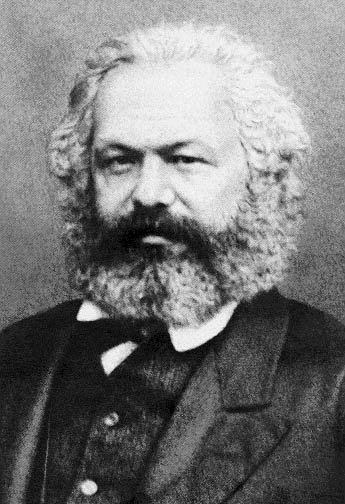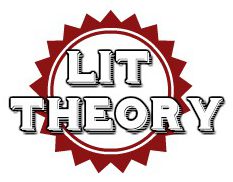Marxist Literary Theory views literature as reflections of the social institutions of which they originate. It is the political and economic theory of Karl Marx, including its analysis of society in terms of the class struggle and its beliefs in the replacement of capitalism by socialism.
Marxist Terminology

- Proletariat: the lower classes; the working man
- Bourgeoisie: the upper-middle classes; those in power over the proletariat
- Propaganda: Information, ideas or rumours deliberately spread widely to help or harm a person, group, movement, institution, nation, etc.
- Oppression: Prolonged, cruel, or unjust treatment or control
- Status quo: the existing order of things: present customs, practices, and power relations: “People with money are often content with the status quo”
- Alienation: isolation from a group or activity to which one should belong or in which one should be involved
- Ideology: the body of ideas reflecting the social needs and aspirations of an individual, group, class or culture; a set of doctrines or beliefs that form the basis of a political, economic, or another system
- False Consciousness: a person/character’s lack of awareness of the oppressiveness of social or economic conditions and lack of awareness of their alliance with that which oppresses them
 History of Marxism
History of Marxism
Karl Marx
Karl Heinrich Marx was a revolutionary sociologist, historian, and economist. In 1848 he published the Manifest der Kommunistischen Partei (with Fredrick Engels) more commonly known as the Communist Manifesto thus establishing his role as a pioneer in the socialist movement. His writings establish the concept and basis of the belief known as communism.
The Communist Manifesto
- A declaration of war by the revolutionary proletariat against the capitalist system and its exploitation of the working man.
 Argues that past and present societies progress through the dialectic of class struggle. Dialectic: the inquiry into difficult contradictions and their solutions. (i.e. conflict between employer and employee, bourgeoisie and proletariat, government and citizens, etc)
Argues that past and present societies progress through the dialectic of class struggle. Dialectic: the inquiry into difficult contradictions and their solutions. (i.e. conflict between employer and employee, bourgeoisie and proletariat, government and citizens, etc)- Capitalism: economic system based on private ownership and motivation by profit
- Marx criticized capitalism for its inclination to abuse the proletariat, paying wages that barely secure survival.
- Capitalist states are misrepresented as being for the common interest of all; however, in reality, they are in favour of the ruling class (wealthy bourgeoisie).
- He predicted the tensions would lead to self-destruction and would be
replaced by socialism.
- Socialism: public ownership
- a theory or system of social organization where all members of the state
are equal; where the ownership and control of the means of production
and distribution, of capital, land, etc., is in the hands of the community
as a whole. - Marx argued that socialism would eventually evolve into a stateless,
classless society: communism.
- a theory or system of social organization where all members of the state
The Principles of Marxist Literary Theory
- Literature will reflect the society that it was produced in.
- Literature will reflect the class struggle and materialism that plagues society.
- Literature is political because it either challenges or supports economic oppression.
- Literature possesses the potential for promoting a critical consciousness of culture.
Questions to Ask when Making a Marxist Reading
- What role does class play in the text and what is the author’s analysis of class
relations and structures? - How do characters overcome oppression? Do they even attempt?
- Does the writer display a sensitivity towards the exploitation of the poor,
lower class, the working man, the person(s) at the bottom of the hierarchy? - Are values that support the dominant economic group given privilege?
- Does the text support prevailing power relationships or challenge them?
- Whose story gets told in the text? Are lower economic groups ignored or
devalued? - Does the work propose some form of utopian vision as a solution to the
problems encountered in the text? - What does literature say about our culture (power structures, values, social
consciousness) during the writer’s time, and the book’s time? And our time.
Problems with Marxist Theory
It neglects human nature.
- The need for power, control and dominance over others.
- Humans are not equal (work ethic, desires, motivations, needs).
